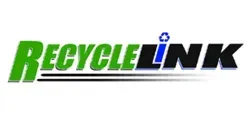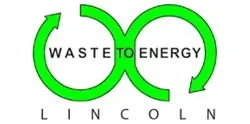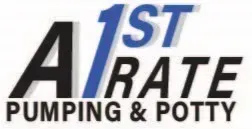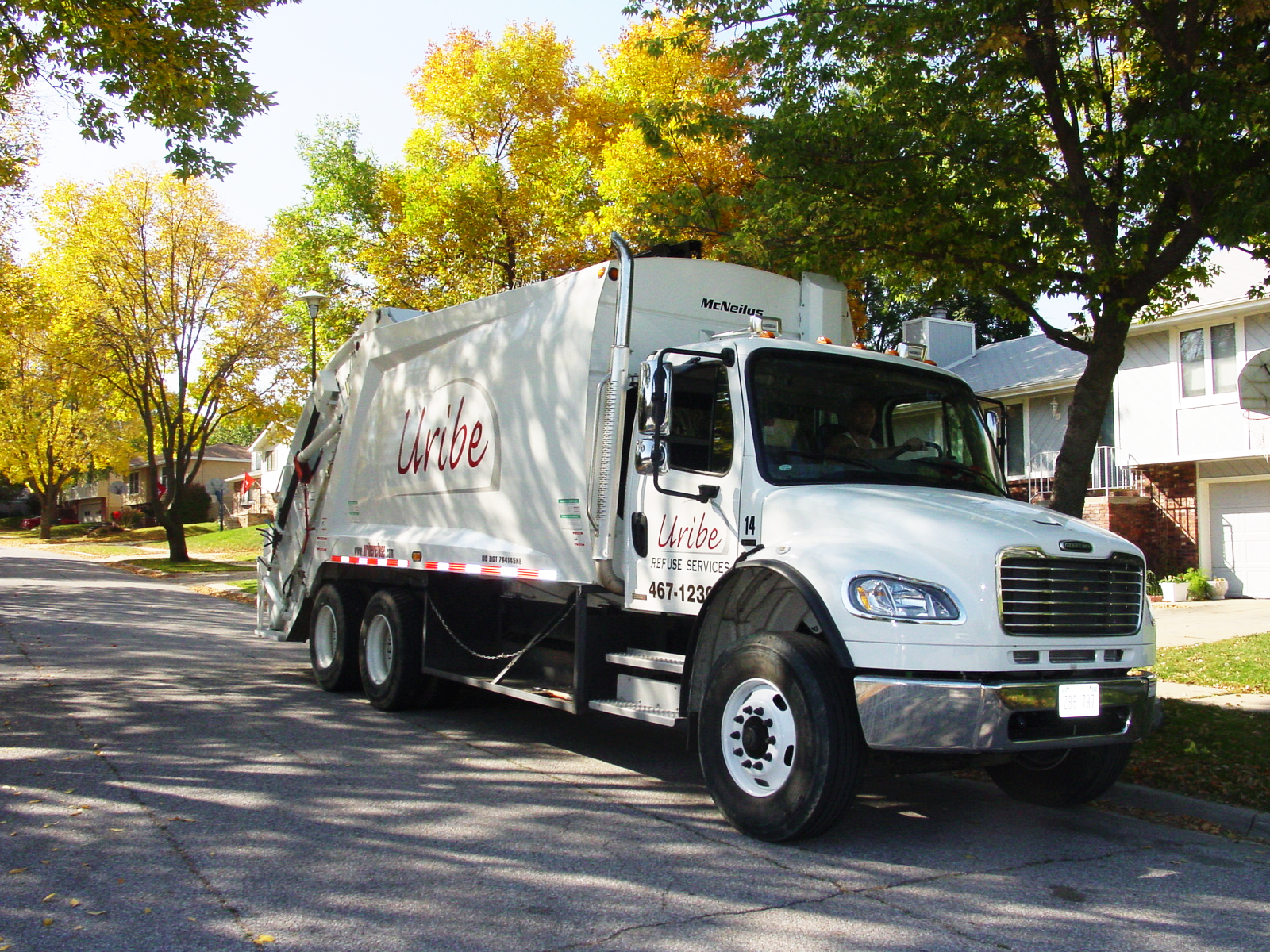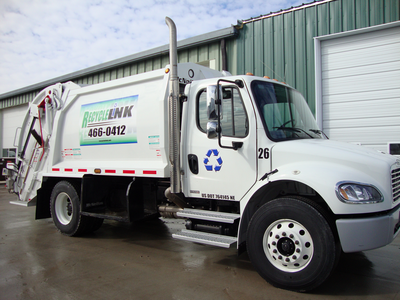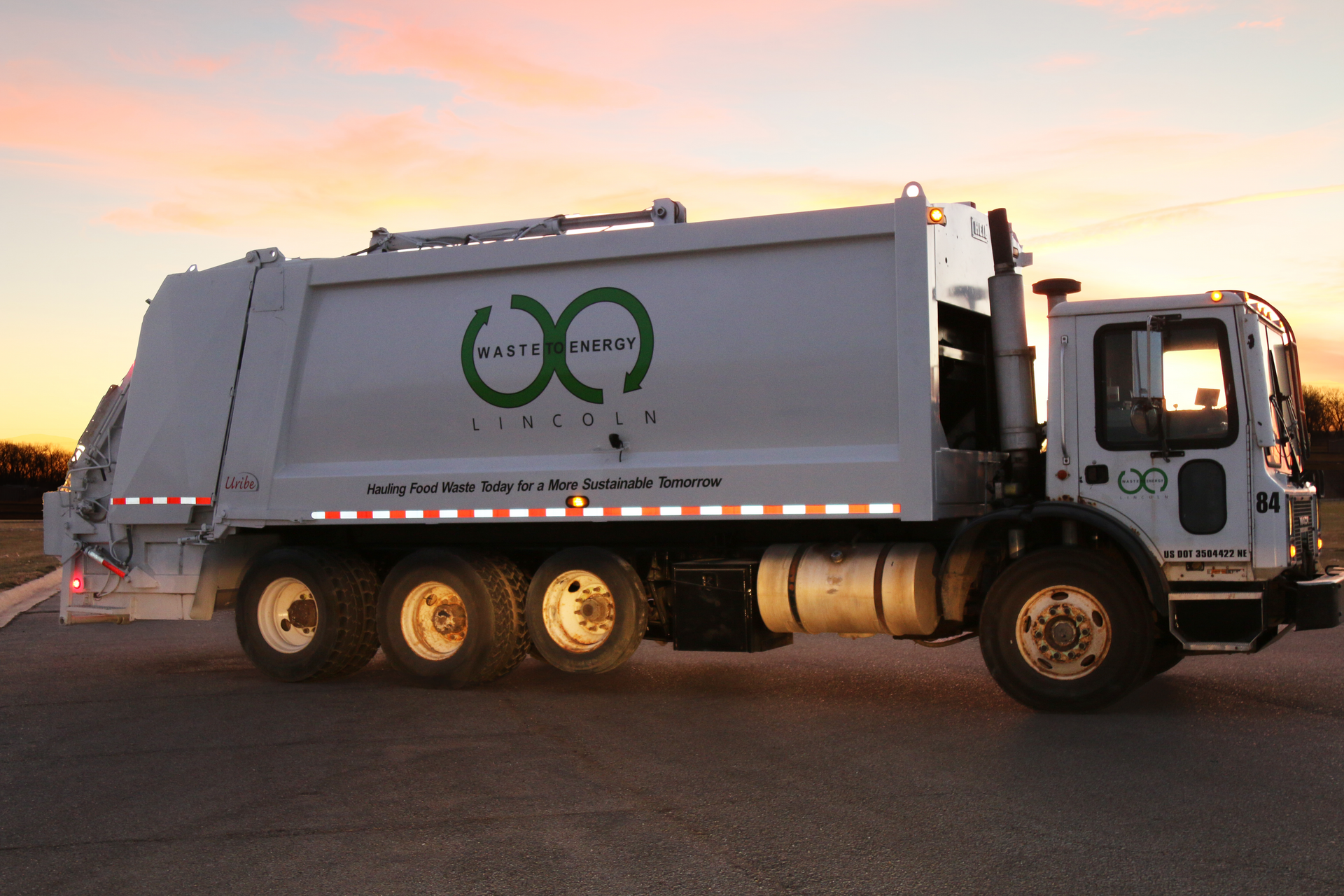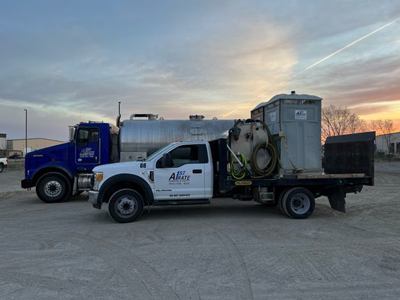ANSWERS TO YOUR RECYCLING QUESTIONS
WHAT IS RECYCLING?
Recycling is the process of collecting and processing materials that would otherwise be thrown away as trash and turning them into new products. Recycling can benefit your community, the economy, and the environment.
WHAT ARE THE BENEFITS OF RECYCLING?
EPA data show that recycling conserves energy and natural resources.
For example:
• Reducing the amount of waste sent to landfills and incinerators
• Conserve natural resources such as timber, water, and minerals.
• Increases economic security by tapping a domestic source of materials
• Prevents pollution by reducing the need to collect raw materials.
• Saves energy
• Supports American manufacturing and conserves valuable resources
• Helps create jobs in the recycling and manufacturing industries in the United States
ARE MY RECYCLABLES ACTUALLY BEING RECYCLED?
Yes! If you put locally recyclable material in your bin, we make sure it gets to the processor, and they find recycling end markets to make sure these materials are recycled.
With that said, let’s take a minute to understand why you might be hearing that your recyclables aren’t being recycled. Global recycling markets have hit hard times since China closed its ports to paper and plastic recyclables that had more than .5% contamination. Before this, China had been buying nearly one-third of our country’s recyclables. The result has been huge price drops for recyclables worldwide, resulting in markets vanishing overnight, leaving some communities with no choice but to temporarily landfill materials. Don’t worry! This is an opportunity for industries to work with recyclers on developing new end markets within the U.S. so that the full value of these materials is reinvested in our own economies, creating more jobs locally. It’s important to remember recycling is still one of the most impactful things you can do to protect the environment, conserve natural resources, combat climate change, and create green jobs.
You can help make sure your recyclables remain valuable by being sure to follow the local guidelines and only put recyclable items in your container
WHAT ITEMS SHOULD I AVOID RECYCLING?
Aerosol Cans
These cans regularly aren’t completely empty of the contents inside, which can cause explosions when they reach the shredder at the facility.
Automotive Fluids
These fluids are not recyclable. They are considered household hazardous waste and should be disposed of at your local collection site.
Batteries
If batteries wind up at the recycling facility, they can cause dangerous fires. Car batteries can be recycled at participating locations. Regular batteries should be disposed of in the trash.
Chemicals and Hazardous Waste
These materials should be disposed of through Lincoln’s Hazardous Waste Center.
Electronics
Electronics, or e-waste, can have components that can explode in the shredder. When put into landfills, their chemicals leach into groundwater, polluting the ground and air. To dispose of these items properly, you should donate them (this Goodwill location accepts electronics) or take them to your local electronics recycler.
Fluorescent Light Bulbs
These are not recyclable through your curbside collection programs. Keeping them out of landfills is still important to keep mercury out of our groundwater. They also have metals and glass that can be reused. There are several drop-off sites for CFLs, including your local Home Depot.
Paints and Solvents
These materials are not recyclable. If it is a water-based paint, it may be placed in your trash if the paint is dried. If there is paint remaining in the cans, see if you can donate them first! Many school drama clubs, community theaters, and nonprofits will accept used paint. If it is an oil-based paint, you’ll need to dispose of it at your local Household Hazardous Waste. If you are going to dispose of it in the trash, it will need to be dried out using cat litter and/or newspaper.
Paper towels, used or unused
These items are NOT recyclable, but you can compost them! Check out our compost services today and find out what else can go in our WTEL totes!
Pottery and Ceramics
These items contaminate recycling batches. Please look for donations or for broken items; please dispose of them in the trash.
Styrofoam
Styrofoam is considered a hard-to-recycle material, which means it is not accepted in curbside bins. These items must go in the trash. Unfortunately, when Styrofoam lands in the landfill, it takes at least 500 years, if not longer, to break down. During this process, it leaches dangerous chemicals into our groundwater. When possible, say no to Styrofoam and opt for a different material.
• Styrofoam Recycling Options: Some Styrofoam material called EPS can be recycled through Plastilite in Omaha, NE. Plastilite accepts EPS styrofoam, which is rigid white packaging foam used to transport goods, temperature-sensitive medications, and perishables. For more information, check out their website here.
o Styrofoam packing materials can be recycled at Mail Plus.
Tissue and Toilet Paper
These items are NOT recyclable, but you can compost them! Check out our compost services today and find out what else can go in our WTEL totes!
Glass and Incandescent Light Bulbs
These items are not recyclable and must be disposed of in your trash.
Garden hoses
Garden hoses are made from polyvinyl chloride (PVC) or polyurethane (PU), also known as #3 and #7. These are the two most difficult plastic resins to be recycled and, unfortunately, cannot be accepted in your curbside bin. If the hose still works, consider donation! Otherwise, please dispose of it in your trash.
Needles
These items cannot be recycled and are hazardous to workers. Please dispose of all needles properly in sharps disposal containers.
Food or food-soiled paper
These items are NOT recyclable, but you can compost them! Check out our compost services today and find out what else can go in our WTEL totes!
Propane tanks or cylinders
These items can cause explosions at your recycling center. Please contact your local Household Hazardous Waste to dispose of these items correctly.
HOW CLEAN DO I NEED TO GET MY RECYCLABLES?
Plastic and metal containers hold all sorts of edible and inedible materials that can leave all sorts of gunk inside afterward. A quick rinse is nice for many things, but don't worry about getting your containers sparkling clean. The main concern is actually the paper in your bin, which food and moisture can ruin.
DO I NEED TO TAKE OFF BOTTLE CAPS AND JAR LIDS?
No, although sometimes it's better to take the top off, especially if the top is made from a different material than the jar (e.g., metal tops on a jar). For smaller plastic bottles and their tiny caps, it doesn't make much of a difference, even if they're a different color or plastic type.
CAN I BAG MY RECYCLABLES AND PUT PLASTIC BAGS AND FILMS IN MY CURBSIDE RECYCLING?
No. These items are not recyclable through your curbside program. They become wrapped around equipment, causing the need for expensive repairs. You can recycle them through your local grocery store return! It’s not just for plastic bags; see the list of acceptable items below.
• Plastic shopping bags (from any store; make sure they are empty)
• Ziplock bags
• Bread bags
• Produce bags
• Dry cleaning bags
• Plastic newspaper wrapping
• Product wrapping
• Bubble wrap and air pillows (popped)
All materials should be clean and dry. If they are not, they will contaminate the entire batch.
These items are NOT accepted and need to go into the trash, including:
• Frozen food bags
• Biodegradable bags
• Pre-washed salad bags
• Candy wrappers
• Chip bags
• Six-pack rings
IF THERE'S A RECYCLING SYMBOL ON THE BOTTOM OF A PLASTIC ITEM, DOES THAT MEAN IT'S RECYCLABLE?
No. Unfortunately, this is an unregulated symbol, and it does NOT indicate the recyclability of an item. The only way to know if something is recyclable is to check the guidelines of your local community.
WHAT HAPPENS TO MY RECYCLABLES AFTER MY WASTE HAULER COLLECTS THEM?
Depending on where you live, your recyclables may follow different routes, but they always end up at an MRF (we call them Murfs, like a smurf without an "S"). An MRF, or Materials Recovery Facility, employs people and machinery to separate the different materials from one another.
After being separated, the materials are baled together and sold on the open market. Manufacturers use these recyclables as raw materials to make new goods.
WHAT IS PRODUCT STEWARDSHIP?
Product stewardship is a product-centered approach to environmental protection. It calls on those in the product life cycle—manufacturers, retailers, users, and disposers—to share responsibility for reducing the environmental impacts of products. Product stewardship recognizes that product manufacturers can and must take on new responsibilities to reduce the environmental footprint of their products.
The product stewardship approach provides incentives to manufacturers to consider the entire lifecycle impact of a product and its packaging—energy and materials consumption, air and water emissions, the amount of toxins in the product, worker safety, and waste disposal—in product design and to take increasing responsibility for the end-of-life management of the products they produce.
The objective of product stewardship is to encourage manufacturers to redesign products with fewer toxins and to make them more durable, reusable, and recyclable, and with recycled materials. The challenge of product stewardship is to move beyond disposal to facilitate a paradigm shift toward "zero waste" and “sustainable production."
WHERE IS PRODUCT STEWARDSHIP BEING USED?
Product stewardship principles are being used in electronics, carpet, gas cylinders, mercury products, paint, pesticides, and tires, and are also being considered for expansion into everyday common objects.
HOW MUCH OF OUR TRASH IS PACKAGING (BOXES, BAGS, WRAPPERS)?
Packaging volume is about 30% by volume or about 50% by weight.
Every 30-40 days we discard our own weight in packaging!
HOW MANY POUNDS OF TRASH DOES THE AVERAGE AMERICAN PRODUCE EACH YEAR?
In 2014, Americans generated about 258 million tons of trash, recycled 66.4 million tons, and composted 23 million tons of this material, equivalent to a 34.6 percent recycling rate. On average, we recycled and composted 1.51 pounds of our individual waste generation of 4.44 pounds per person per day.
The state of the economy has a strong impact on consumption and waste generation. Waste generation increases during times of strong economic growth and decreases during times of economic decline.
Navigation Links
Contact Information
Business Hours
Mon - Fri: 7:30 AM to 4:00 PM
Sat - Sun: Closed

